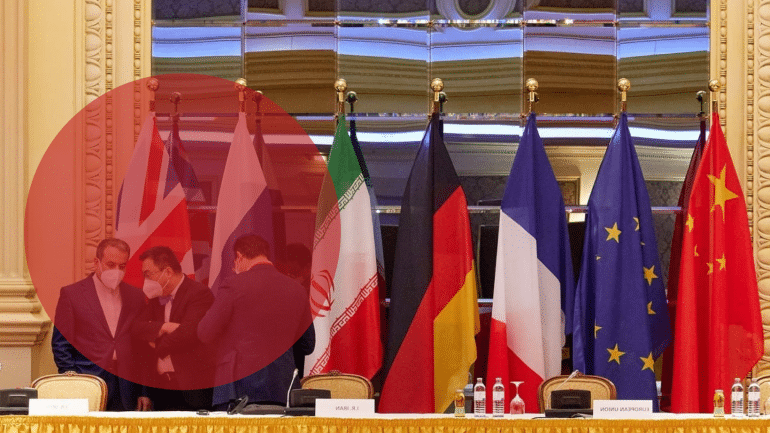
[dropcap size=small]This year St. Nicholas has brought a very special present, at least for Israel. On the 6th of December, US President Donald Trump recognized Jerusalem as Israel’s capital, therefore brushing aside the advice and warnings of (nearly) all specialists and other parties concerned.
In a move, regularly speculated about the last days, Trump decided to put into place an Act already signed by Congress in 1995 declaring Jerusalem the capital of Israel and urging the US to move its embassy there. Still, however, for more than twenty years all Presidents – both Republican and Democrat – have used the act’s waiver to stop it from becoming law. According to them, this act could potentially harm US security and threaten the peace agreement. Even Donald Trump used this waiver during the first months of his Presidency. Now, however, he has stepped up to comply with one of his main campaign promises.
Jerusalem has always been an international point of contention. Three of the world’s largest religions – Judaism, Christianity and Islam – trace back their early roots to the city harboring some of their most holy sites – the Wailing Wall for the Jews, the Church of the Holy Sepulchre for the Christians, and the Al-Aqsa mosque for the Muslims. In addition, both Israel and Palestine claim Jerusalem as their capital. After the Six Day War, Israel annexed the Eastern part of Jerusalem, previously held by the Palestinians. Therefore, the international community has up till now chosen not to recognize either party’s claim on Jerusalem. As a result, all countries have their respective embassies in Tel Aviv and not in Jerusalem. With his latest move, however, Trump departs from this international consensus.
[alert type=blue ]This article was written by Marie Shuqha and Yoeri Maertens. [/alert]
Most pundits claim that this could be the kiss of death for the two-state solution, granting both Israel and Palestine its own sovereign land mass. Trump, however, still seems to believe that he is only adhering to the bare facts by recognizing that Jerusalem de facto is Israel’s capital and still believes in the viability of the peace process. However, with his latest move, he could be seen as lighting the fuse of the Middle Eastern powder keg. Various Arab leaders have already called for so-called ‘Days of Rage’ and some even call for a Third Intifada.
It’s hard to tell what will happen in the future. Still, two things are certain: Benjamin Netanyahu is the main beneficiary of Trump’s latest move and Trump has made the role of the United States as a broker in the Peace Agreement a lot less tenable. Netanyahu mentioned how Trump’s decision on Jerusalem made for a “historic day” and was “an important step towards peace”.
These recent events have sparked a lot of reactions in and out of the Middle-East. Two Palestinians have died because of air bombardments from the Israeli side. This as a counteract to rockets fired from the Palestinian side as an attack on Israel. With Netanyahu coming to Brussels on 11 December for an informal visit with the ministers of Foreign Affairs of the European Union, the tension between Israel and Europe will only continue to grow.
Belgian prime minister Charles Michel already condemned the announcement regarding Jerusalem and wants the EU to act as mediator. A protest action has been organized in Brussels during Netanyahu’s stay as well. Organizations in support of Palestine call Netanyahu a war criminal and claim that his actions are a crime against humanity. These organizations call for a military embargo and want the EU to stop their associations with Israel.



